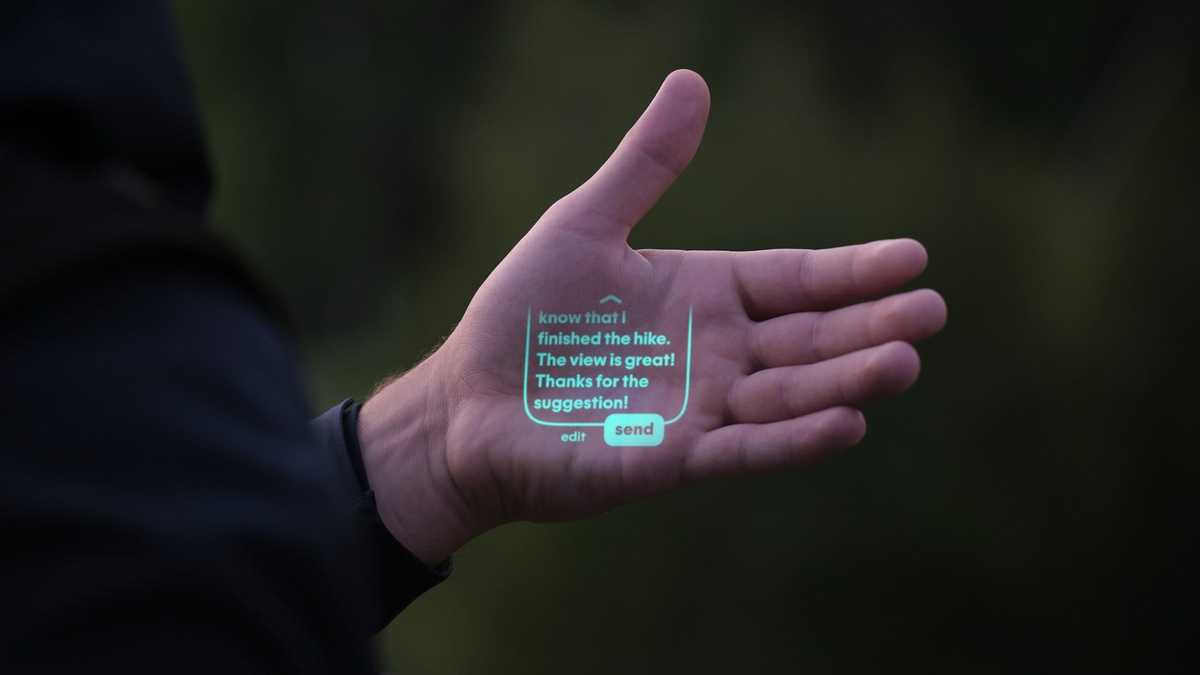Balancing Innovation and Caution: The Rush of AI to Market and the Future of Personal Technology
With the advent of artificial intelligence (AI), the tech landscape is undergoing rapid transformation. While the potential of AI is immense, there's a growing concern about the haste with which AI companies are pushing products to market. This rush to quickly capitalize on the latest trend often leads to errors in product demos and functionality, impacting both the reputation of companies and the trust of consumers.
Additionally, there's a fascination among those in the tech world with how AI can revolutionize personal technology through devices like the AI Pin. This article examines these dynamics, particularly for those working in tech and tech startups.
The Rush to Market: A Double-Edged Sword
In the quest to lead the AI revolution, companies are often releasing products without adequate testing or refinement. This race to market can result in significant errors and malfunctions. For example, self-driving car manufacturer Cruise had to recall its entire fleet of autonomous vehicles following a crash in San Francisco, where a pedestrian was seriously injured. Such incidents not only set back the companies but also raise concerns about the safety and reliability of AI-driven technologies.
The Impact of Premature AI Demos
Demonstrations of AI capabilities are critical for attracting investors and public interest. However, when these demos are rushed, the technology may not perform as expected, leading to public relations challenges. A notable instance occurred with Google’s Bard AI chatbot, which made false accusations about major consulting firms, leading to an apology from the developers. These incidents highlight the need for more rigorous testing and a balanced approach to innovation and reliability.
AI Missteps: From News to Entertainment
AI's reach extends into various sectors, including news and entertainment, where its misuse or malfunction can have wide-ranging implications. Microsoft’s AI, for instance, added a distasteful poll to a news article about a death, harming the journalistic reputation of the involved publication. Additionally, the entertainment industry faces challenges like AI-generated songs submitted for Grammy awards, raising questions about the ethics and legality of AI in creative domains as the technology is currently trained on other artists' work without their consent.
The AI Pin: A Revolutionary Concept?
Amidst these challenges, some companies are exploring radically different approaches to integrating AI into daily life. Humane, a startup founded by veteran Apple employees, has released the AI Pin, a $699 device designed to be worn on clothing. This pin can interact with a virtual assistant and uses a laser projection system to display information on a user's hand. The AI Pin represents an effort to integrate AI more seamlessly into our lives, moving away from traditional screens and devices.
However, its launch was not without a few hiccups. In their launch video, two errors were notably highlighted. One was a bug that incorrectly reported the viewing location/time of an eclipse, and the other involved stating the amount of protein for a half cup of almonds instead of the actual number in hand. This mishap was attributed to using pre-release software, underlining the risks of premature product launches. The real problem here is it is impossible for the end user to know when a feature has been properly trained. How can AI answers be vetted for accuracy without accountability for how the system was trained? How is this maintained over time as AI engines require more consistent data updates?
Can a Pin Replace a Smartphone?
The concept of a pin-sized device replacing smartphones is ambitious. The AI Pin, for example, relies heavily on AI to interact with users and offers unique features like composing messages in the user's tone and summarizing email inboxes. While it's a step towards more integrated and less obtrusive technology, it’s yet to be seen if such devices can fully replace the multifunctionality of smartphones not to mention change our daily habits.
Future Directions: Beyond Traditional Devices
The evolution of personal technology is likely to go beyond shrinking devices into pin-sized gadgets. Technologies like wearables, augmented reality (AR), and virtual reality (VR) are making strides towards creating new ways of interaction and information consumption. These technologies, combined with AI, could redefine our experience with personal technology, offering more immersive and intuitive interfaces.
Balancing Innovation and Responsibility
For tech professionals and startups, the current landscape of AI development offers both opportunities and warnings. While innovation is key, it must be balanced with responsibility and a commitment to thorough testing and ethical considerations. The future of personal technology, whether in the form of AI pins or other emerging technologies, lies in creating devices that enhance human capabilities without compromising safety, privacy, and the essence of our humanity. As the industry progresses, it's vital to learn from past mistakes and approach AI development with a blend of enthusiasm and caution, ensuring that the technology serves to benefit society as a whole.

